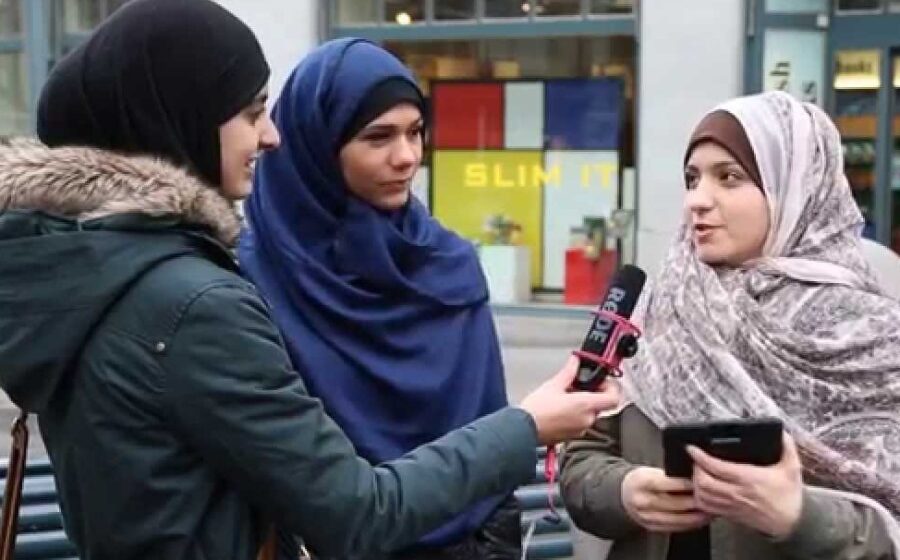Switzerland has narrowly voted in favour of banning face coverings in public, including the burka or niqab worn by Muslim women.
Official results showed the measure had passed by 51.2% to 48.8% in Sunday’s referendum.
The proposal was put forward by the right-wing Swiss People’s Party (SVP) which campaigned with slogans such as “Stop extremism”.
A leading Swiss Islamic group said it was “a dark day” for Muslims.
“Today’s decision opens old wounds, further expands the principle of legal inequality, and sends a clear signal of exclusion to the Muslim minority,” the Central Council of Muslims said in a statement, adding that it would challenge the decision in court.
The Swiss government had argued against the ban saying it was not up to the state to dictate what women wear.
According to research by the University of Lucerne (in German), almost no-one in Switzerland wears a burka and only around 30 women wear the niqab. About 5% of Switzerland’s population of 8.6 million people are Muslim, most originating from Turkey, Bosnia and Kosovo.
Swiss people are given a direct say in their own affairs under the country’s system of direct democracy. They are regularly invited to vote on various issues in national or regional referendums.
It is not the first time Islam has figured in a Swiss referendum. In 2009 citizens went against government advice and voted to ban the building of minarets – a proposal also put forward by the SVP which said minarets were a sign of Islamisation.
The proposal in Sunday’s referendum did not mention Islam directly and was also aimed at stopping violent street protesters from wearing masks. However, the vote was widely referred to as “the burka ban”.
The latest proposal predated the coronavirus pandemic, which has meant all Swiss adults having to wear masks in many settings.



